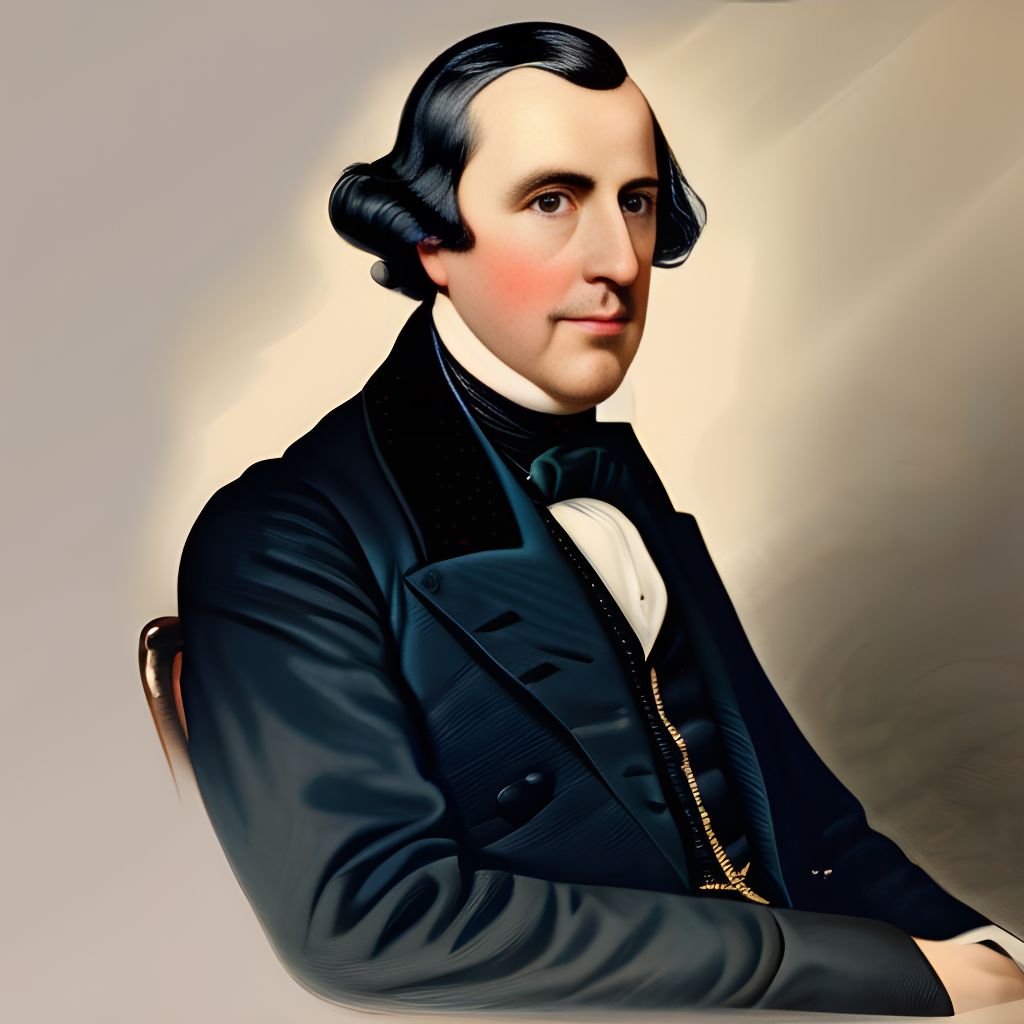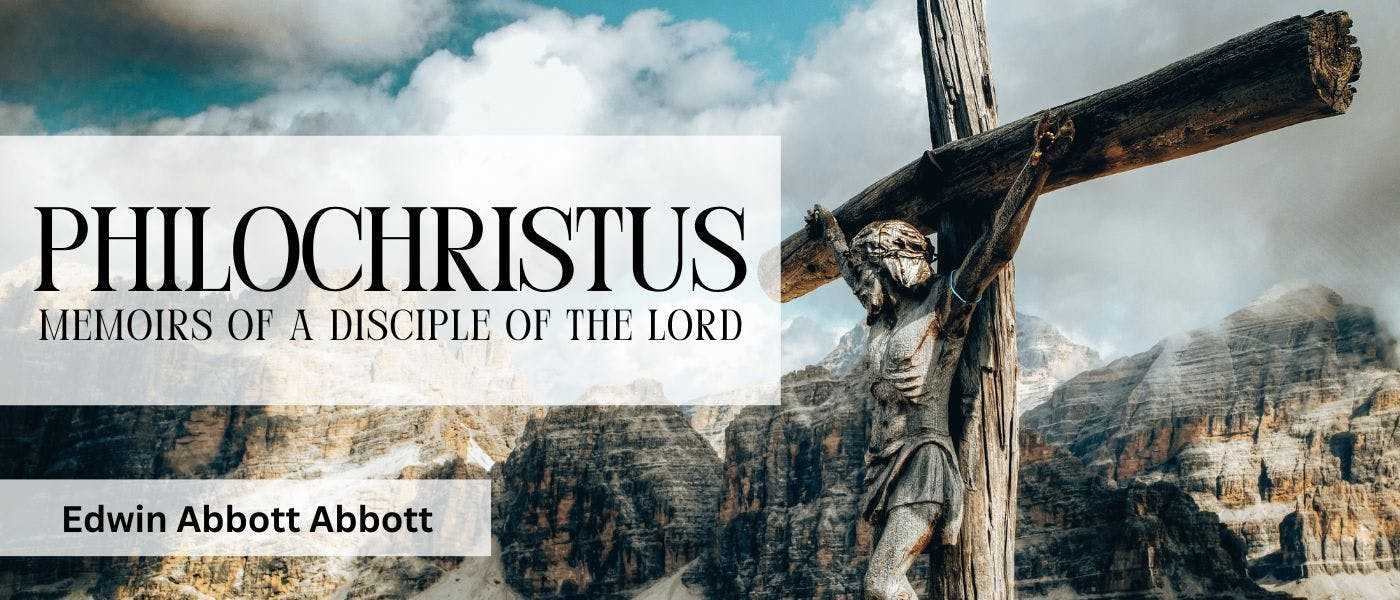How Jesus, having now determined to die, spake of that which was to come, with Moses and Elias
by
October 31st, 2023
Audio Presented by

Edwin Abbott Abbott FBA was an English schoolmaster, theologian, and Anglican priest, and author.
About Author
Edwin Abbott Abbott FBA was an English schoolmaster, theologian, and Anglican priest, and author.
